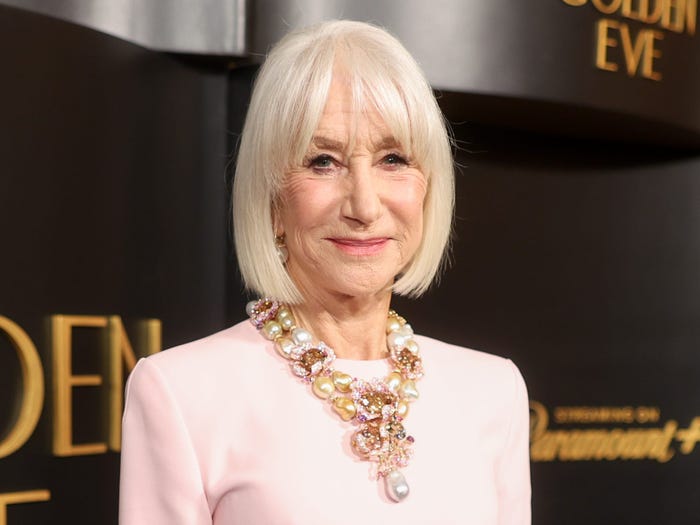
A recent inquiry to advice columnist Abigail Van Buren, known as Dear Abby, sheds light on the complexities of trust and communication in relationships. A woman, identifying herself as “Losing Again in Canada,” has expressed deep concerns about her husband following an anonymous message she received. The message claimed that her husband has Asperger’s syndrome, leaving her in turmoil just two months into their marriage.
The anonymous source knew her name and contact information, prompting her to question the integrity of her relationship. While she had suspected her husband might be on the autism spectrum, the unexpected message intensified her feelings of distrust. Adding to her distress is the recent loss of her mother to cancer, compounding her emotional struggle. She has a history of dating a partner who exhibited narcissistic traits, which has left her wary of further heartbreak.
In her letter, she detailed feelings of confusion and anxiety, stating, “I can’t sleep. I can’t think.” The emotional weight of her past experiences, coupled with the uncertainty about her husband’s honesty, has left her feeling lost.
“Individuals who write anonymous letters usually are not trying to be helpful and instead may be trying to cause trouble in your marriage,”
Van Buren advised, emphasizing the importance of approaching the situation with caution. She recommended that the woman educate herself on Asperger’s syndrome through reliable sources, such as the Association for Autism and Neurodiversity. This knowledge could help her understand her husband’s behavior better and decide whether to suggest an assessment.
In a separate letter, another reader, “Falling for Her in Kansas,” shared his complicated feelings for a close friend and co-worker. The 32-year-old has developed romantic feelings for his best friend, who is 57 and a widow with a 22-year-old son. Their six-year friendship has deepened, but the reader is apprehensive about expressing his feelings due to concerns about the age difference and the potential impact on their professional relationship.
He recounted moments of connection, like shared glances and brief touches, which have intensified his emotions. He worries about risking their friendship and how she might perceive his advances. Van Buren suggested a low-pressure approach: inviting her to lunch or dinner to discuss their relationship. She encouraged him to gauge her feelings about their age difference before expressing his romantic interest.
Ultimately, both letters highlight the necessity of open communication in relationships. Whether navigating the complexities of trust or the challenges of evolving friendships, addressing feelings head-on can foster understanding and potentially strengthen bonds.
Readers seeking advice can contact Dear Abby through her official website or by mail at P.O. Box 69440, Los Angeles, CA 90069.







